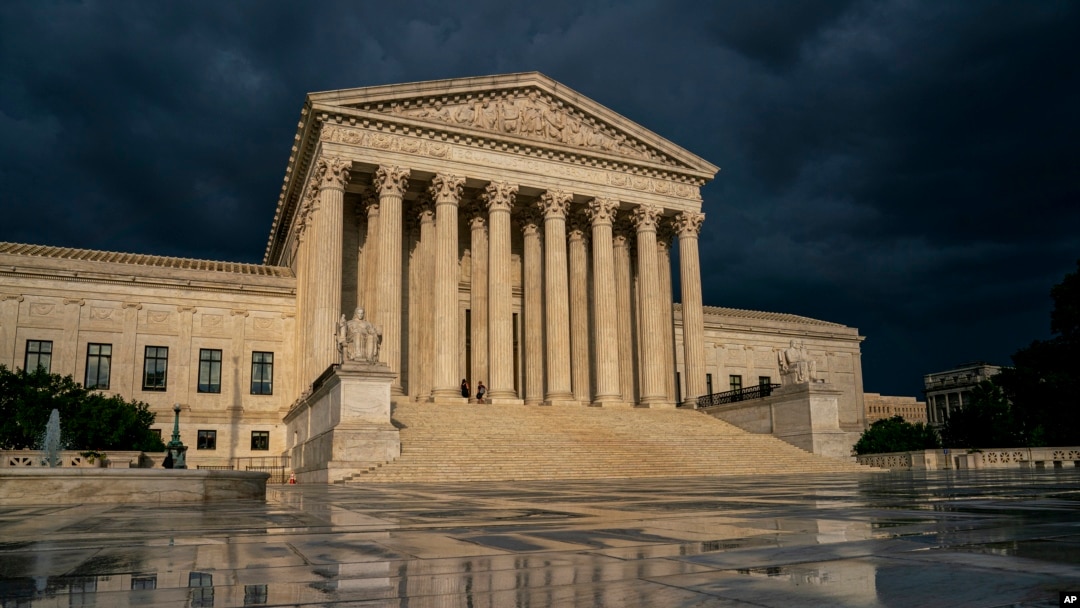The U.S. Supreme Court ruled on Thursday that President Donald Trump's administration did not give an adequate explanation for its plan to add a citizenship question to the 2020 census, delivering a victory to New York state and others challenging the proposal.
The justices partly upheld a federal judge's decision barring the question in a win for a group of states and immigrant rights organizations that challenged the plan. The mixed ruling does not definitively decide whether the question could be added at some point.
The Republican president's administration had appealed to the Supreme Court after lower courts blocked the inclusion of the census question.
A group of states including New York and immigrant rights organizations sued to prevent the citizenship question from being included in the decennial population count. Opponents have said the question would instill fear in immigrant households that the information would be shared with law enforcement, deterring them from taking part.
The census, required by the U.S. Constitution, is used to allot seats in the U.S. House of Representatives and distribute some $800 billion in federal funds. The intent of the citizenship question, opponents said, is to manufacture a deliberate undercount of areas with high immigrant and Latino populations, costing Democratic-leaning regions seats in the House, benefiting Republicans and non-Hispanic whites.
The administration argued that adding a question requiring people taking part in the census to declare whether they are a citizen was needed to better enforce a voting rights law, a rationale that opponents called a pretext for a political motive.
Manhattan-based U.S. District Judge Jesse Furman ruled on Jan. 15 that the Commerce Department's decision to add the question violated a federal law called the Administrative Procedure Act. Federal judges in Maryland and California also have issued rulings to block the question's inclusion, saying it would violate the Constitution's mandate to enumerate the population every 10 years.
Furman said the evidence showed that Commerce Secretary Wilbur Ross concealed his true motives for adding the question and that he and his aides had convinced the Justice Department to request a citizenship question.
Businesses also rely on census data to make critical strategic decisions, including where to invest capital.
Citizenship has not been asked of all households since the 1950 census, featuring since then only on questionnaires sent to a smaller subset of the population.
The Census Bureau's own experts estimated that households corresponding to 6.5 million people would not respond to the census if the citizenship question were asked.
While only U.S. citizens can vote, non-citizens comprise an estimated 7 percent of the population.
Evidence surfaced in May that the challengers said showed that the administration's plan to add a citizenship question was intended to discriminate against racial minorities.
Documents created by Republican strategist Thomas Hofeller, who died last year, showed that he was instrumental behind the scenes in instigating the addition of the citizenship question.
He was an expert in drawing electoral district boundaries that maximize Republican chances of winning congressional elections.
Hofeller concluded in a 2015 study that asking census respondents whether they are American citizens "would clearly be a disadvantage to the Democrats" and "advantageous to Republicans and Non-Hispanic Whites" in redrawing electoral districts based on census data.
Hofeller suggested the voting rights rationale in the newly disclosed documents.
The Trump administration called the newly surfaced evidence "conspiracy theory."
A federal judge in Maryland is reviewing the Hofeller evidence.
Most people living in the United States will be asked to fill out the census, whether online or on paper, by March 2020.


